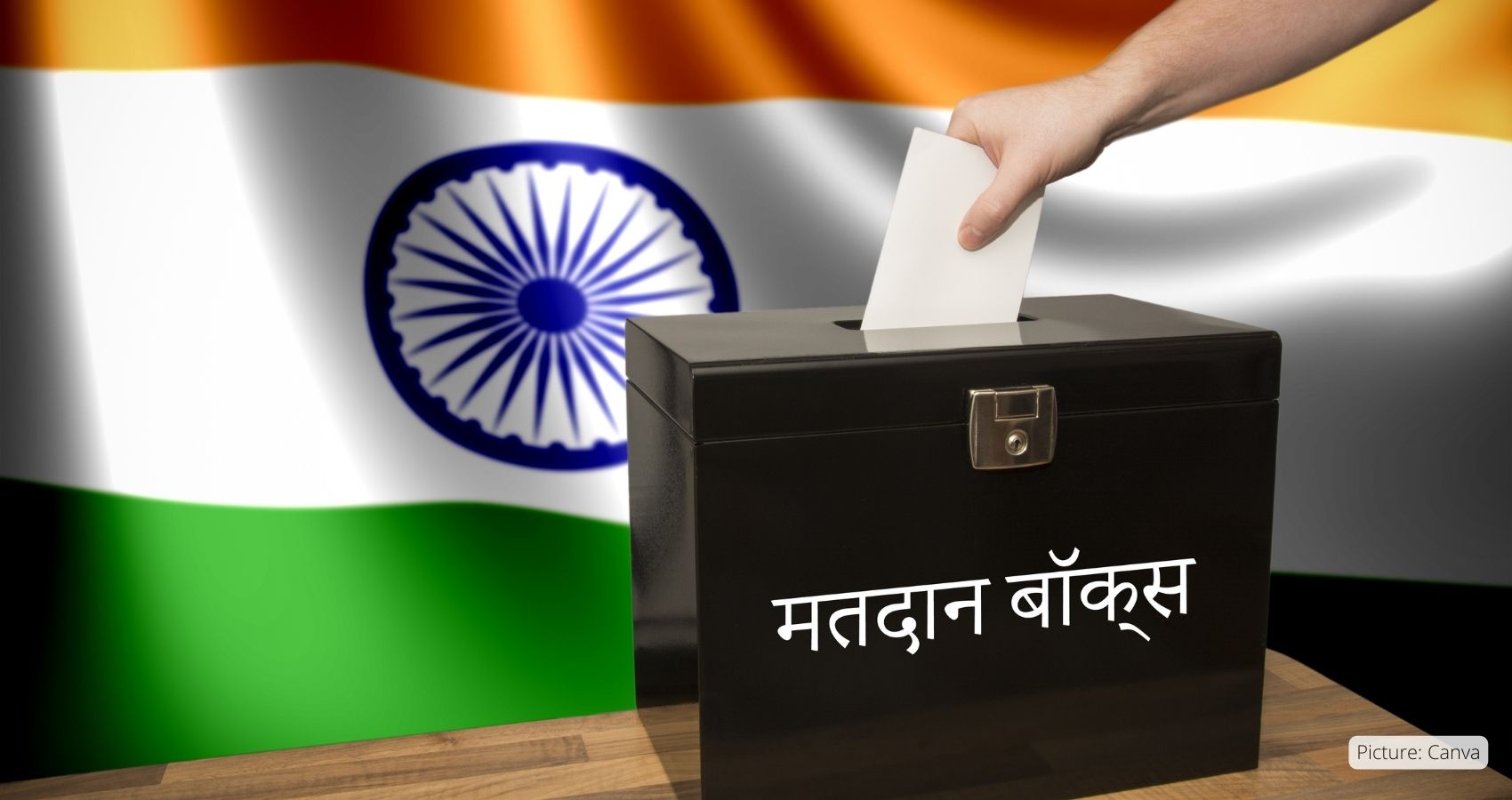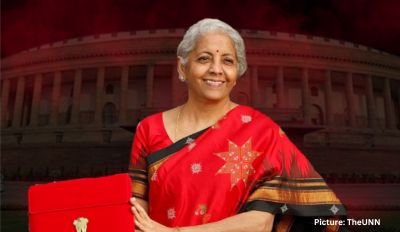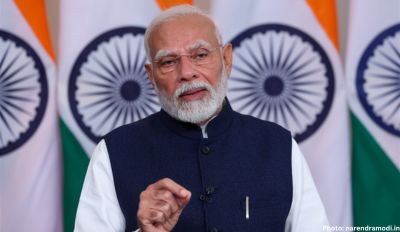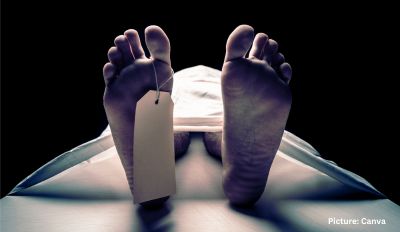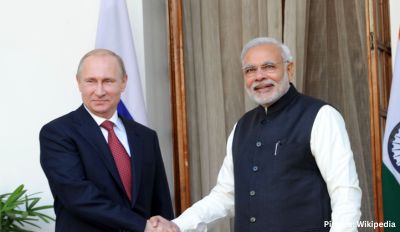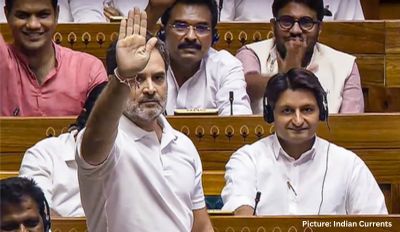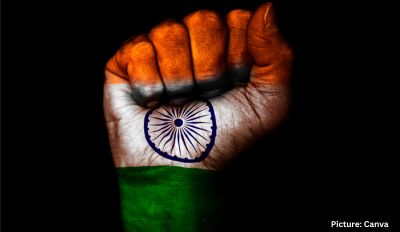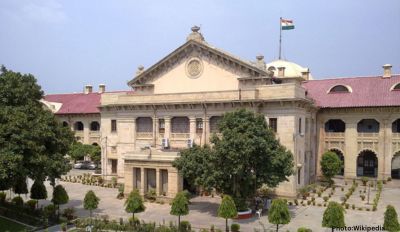After months of build-up, the Lok Sabha polls got underway with 102 seats spread across 21 states voting. This marks the beginning of a rigorous electoral battle. Tens of millions of Indians have voted on the first day of a staggered general election that ends on June 1ST, 2024.
Almost a billion people are eligible to cast their ballots in a seven-phase election to the 543-seat lower house of parliament. Prime Minister Narendra Modi, of the ruling Bharatiya Janata Party (BJP), is seeking a third consecutive term.
Eleven states and Union Territories completed voting on Friday, April 19th, 2024. The states that voted today included all 39 seats in Tamil Nadu, all five seats in Uttarakhand, 12 constituencies in Rajasthan, five in Maharashtra, and all seats in six Northeastern states and three UTs. The Assemblies in Arunachal Pradesh and Sikkim are also going to polls. Of the 102 seats, 18 are reserved for Scheduled Castes and 11 for Scheduled Tribes.
Prime Minister Narendra Modi is seeking his third consecutive term, while the opposition bloc-INDIA- a coalition of opposing parties formed to take on the BJP in the general elections, is eyeing ousting him from power.
The 2024 elections are taking place at a time when opposition leaders, including Delhi Chief Minister Arvind Kejriwal, have been arrested on charges of corruption in the liquor policy case.
The opposition has alleged that they have been denied a level playing field, a charge denied by the ruling BJP. The Congress party also alleged that income tax authorities froze their accounts weeks before the elections and blamed the ruling party at the Centre.
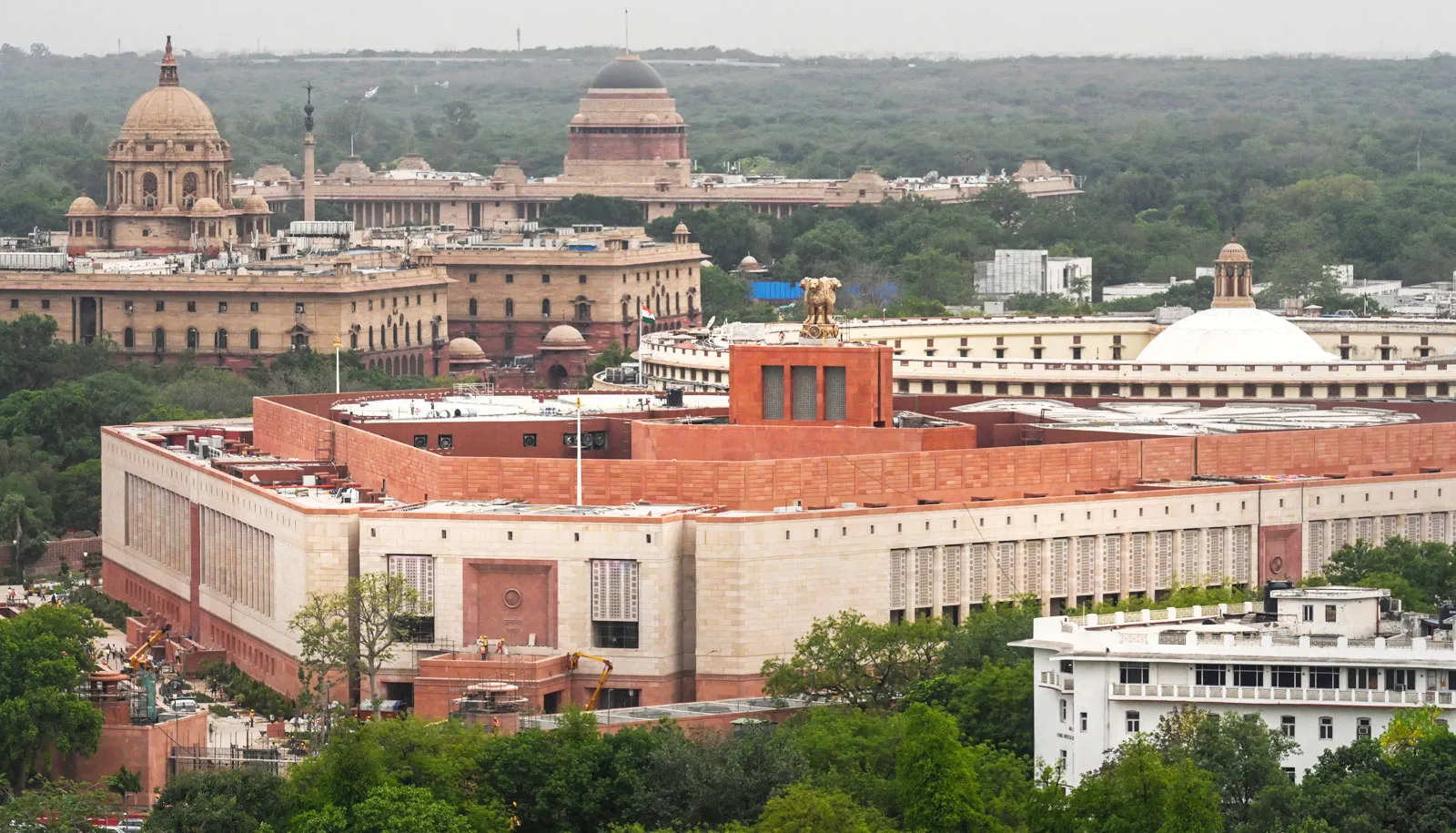
The BJP centered its campaign on PM Modi’s popularity. Even its election manifesto emphasized Modi’s “guarantees” while seeking another term. The Congress-led INDIA bloc focused on issues like unemployment, farmers’ distress, and price rise amid its tussle for seat arrangements among allies.
In Tamil Nadu and Puducherry, with DMK-led alliance looking to continue its dominance and the BJP eyeing to make a mark in the Tamil region. About 6.23 crore voters will decide the fate of about 950 candidates on these 40 seats.
In Uttar Pradesh, with eight of the 80 seats voting today, UP sees a three-way contest among the NDA, INDIA bloc, and BSP. The election campaign in UP saw the BJP consolidating its Hindutva brand with events like Surya Tilak of Ram Lalla’s idol in the newly constructed temple in Ayodhya, while the Opposition bloc described their electoral campaign as a fight to save India’s Constitution.
In Bihar and Madhya Pradesh, four of the 40 seats in Bihar and six of the 29 LS seats in Madhya Pradesh are voting going to the polls today. In Bihar, the NDA had won all four — Aurangabad, Gaya, Jamui, and Nawada — in 2019.
In Madhya Pradesh, Nakul Nath — former CM Kamal Nath’s son and the richest candidate in the first phase of polls — is fighting to retain the only seat that the Congress had won in 2019 in the state.
In Jammu and Kashmir, the scrapping of Article 370 remains in focus in J&K, whose Udhampur-Doda is voted today. This is the first legislative election in J&K after its special status was revoked, statehood stripped and it was bifurcated into two almost five years ago.
Twelve of the 25 LS seats are going to the polls in Rajasthan in the first phase. All went to the BJP in 2019. In Maharashtra, the focus is on Nitin Gadkari’s seat, Nagpur, housing the RSS headquarters. Of five of the 48 seats voting today, the Congress had one Chandrapur — the only seat the party had won in 2019 in Maharashtra. It’s a high-pitched electoral battle between TMC, BJP, and Left-Congress alliance in the three of the 43 seats going to the polls today.
In the Northeast, Arunachal Pradesh and Sikkim are also voted in their assembly elections.
Of the 102 Lok Sabha seats, in 2019, the parties that now constitute the INDIA bloc and the NDA (in its current configuration) each won 48 of these seats, with the unaligned BSP and AIADMK winning three and one seats, respectively. The undivided Shiv Sena and NCP won a seat each. In terms of the vote share, the parties of the INDIA bloc secured 41.7% across these seats (excluding the five in Maharashtra, owing to the split in the NCP and Shiv Sena) compared to the NDA’s 34%.
In 2019, among these 102 seats that went to the polls today, the BJP alone won 40 of these seats across 12 states, followed by the DMK at 24 in Tamil Nadu, and the Congress at 15 in eight states.
There were 1,625 candidates in the fray on Friday. Given that all seats in Tamil Nadu are going to polls, most of the candidates (950) are from the state. Among the parties, the BSP has fielded the most candidates at 86, followed by the BJP at 77, and the Congress at 56.
Candidate analysis
Of the 251 candidates with criminal cases, 137 are in Tamil Nadu, followed by 28 in Uttar Pradesh. But in terms of the share of candidates with criminal cases, UP tops the first phase list at 35%, followed by Nagaland at 33% and Meghalaya at 30%. Sikkim, Chhattisgarh, Mizoram and Manipur have no candidates with pending cases. In six of the states and UTs going to polls, more than one-fourth of the candidates are facing cases. The BJP has the highest number of candidates facing cases at 28 among the parties.
A recent pre-poll survey by the Centre for the Study of Developing Societies (CSDS) revealed that the foremost concerns for voters in India are price rises and unemployment. The plight of tea garden workers will have a say in Assam as estate workers demand better facilities and wages.
Reportedly, health and education are also among the major demands raised by the estate workers. Assam will be voting in five Lok Sabha seats in the first phase out of the 14 constituencies. Inflation, farmers’ issues, crimes against women, and paper leaks were among the most discussed in states including Rajasthan, Chhattisgarh, West Bengal, Madhya Pradesh, and Uttar Pradesh, among others.

